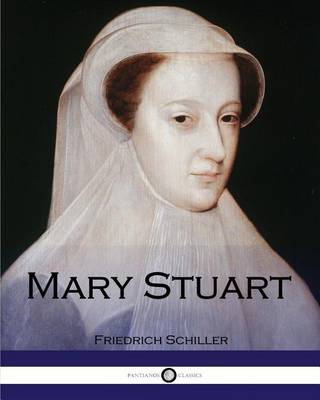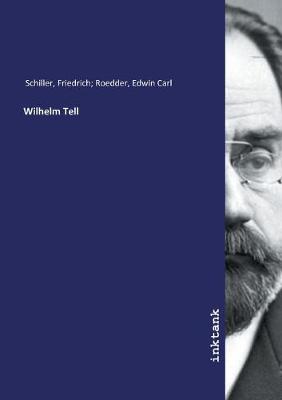Modern Language Texts
3 total works
Mary has been held prisoner for nineteen years by her cousin, Elizabeth I, who has condemned her to death, but is reluctant to be seen to carry out the sentence. Leicester, Elizabeth's favorite and Mary's ex lover, engineers a meeting of the two Queens an encounter which never took place in historical fact from which Mary emerges triumphant but doomed.
Friedrich Schiller's play Mary Stuart (Maria Stuart in the original German) had its premiere in Weimar, Germany, in June 1800.
This English version by Jeremy Sams was first staged at the National Theatre, London, in 1996.
'Jeremy Sams's succinct and sharp new adaptation gives it all a telling urgency'
- Daily Mail
Schiller based his play on chronicles of the Swiss liberation movement, in which Wilhelm Tell played a major role. Since Tell's existence has never been proven, Schiller, a historian by profession, felt he had to devise a figure who would bring the uncertainties and contradictions of the various Swiss chronicles into focus. Respected for his courage and skill with a bow, for his peaceable nature and his integrity, Schiller's archer-while always ready to aid his fellows-habitually seeks solitude. In the midst of political turmoil Wilhelm Tell is the nonpolitical man of action.
Keenly interested in the problematic interplay of history and legend, Schiller turned it to be dramatic advantage. He constructed his play to illustrate the greatest possible development of the character traits suggested for Tell by the chronicles. The result of Schiller's supreme achievement in historical drama.


